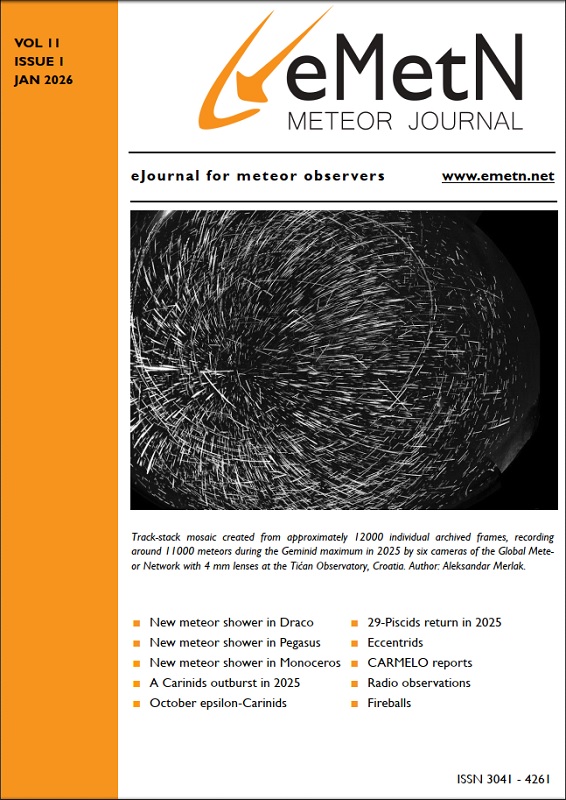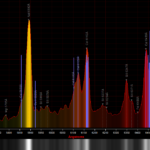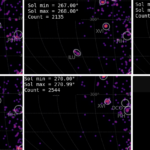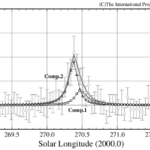Meteor Activity Outlook for 28 April- 4 May 2018
During this period the moon will reach it’s full phase on Monday April 30. At that time the moon will be located opposite the sun and will lie above the horizon all night long. As the week progresses the waning gibbous moon will rise later in the evening but will still seriously impede meteor viewing as the bright glare will obscure all but the brightest meteors.
Read More




